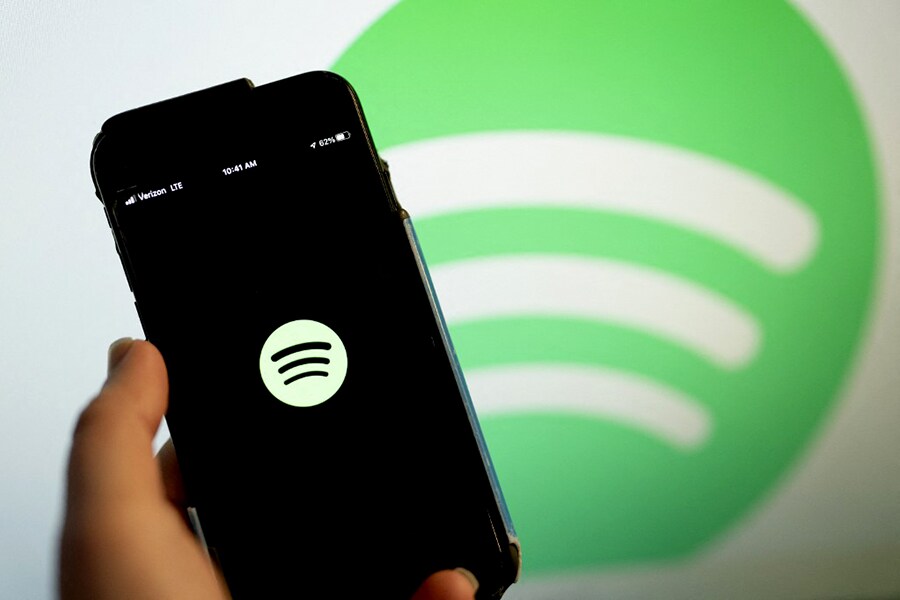
Spotify bet big on Joe Rogan. It got more than it counted on
In recent weeks, the show that helped Spotify catapult into a market leader for podcasts has also placed it at the centre of the sort of cultural storm that has long engulfed Facebook, Twitter and YouTube, over questions about the responsibility tech behemoths have for the content on their platforms
 Image: Stefani Reynolds / AFP
Image: Stefani Reynolds / AFP
It was the deal that helped make Spotify a podcasting giant but has now put the company at the center of a fiery debate about misinformation and free speech.
Spotify was already the king of music streaming. But to help propel the company into its next phase as an all-purpose audio juggernaut, and further challenge Apple and Google, it wanted a superstar podcaster, much as Howard Stern helped put satellite radio on the map in 2006. Spotify executives came to view Joe Rogan — a comedian and sports commentator whose no-holds-barred podcast, “The Joe Rogan Experience,” was already a monster hit on YouTube — as that transformative star.
In May 2020, after an intense courtship, Spotify announced a licensing agreement to host Rogan’s show exclusively. Although reported then to be worth more than $100 million, the true value of the deal that was negotiated at the time, which covered 3 1/2 years, was at least $200 million, with the possibility of more, according to two people familiar with the details of the transaction who spoke anonymously because they were not authorized to discuss it.
But in recent weeks, the show that helped Spotify catapult into a market leader for podcasts has also placed it at the center of the sort of cultural storm that has long engulfed Facebook, Twitter and YouTube, over questions about the responsibility tech behemoths have for the content on their platforms.
It began when several prominent artists, led by Neil Young, took their music off the service to protest what they described as COVID-19 vaccine misinformation on Rogan’s show. Then clips from old “Joe Rogan Experience” episodes caught fire on social media, showing him using a racial slur repeatedly and chuckling at jokes about sexual exploitation, prompting Rogan to apologize for his past use of the slur. A #DeleteSpotify social media campaign began calling for a boycott. And some Spotify podcasters publicly criticized Rogan and the platform.
©2019 New York Times News Service




